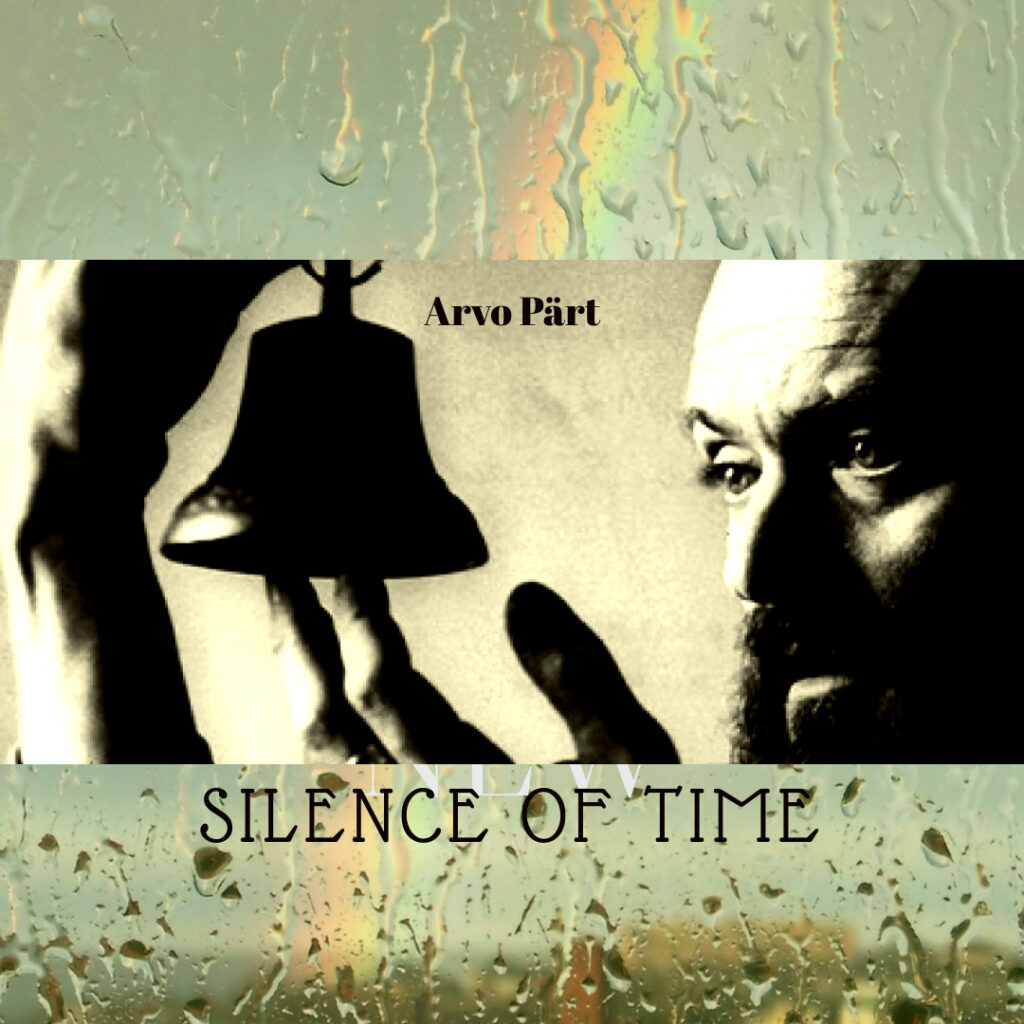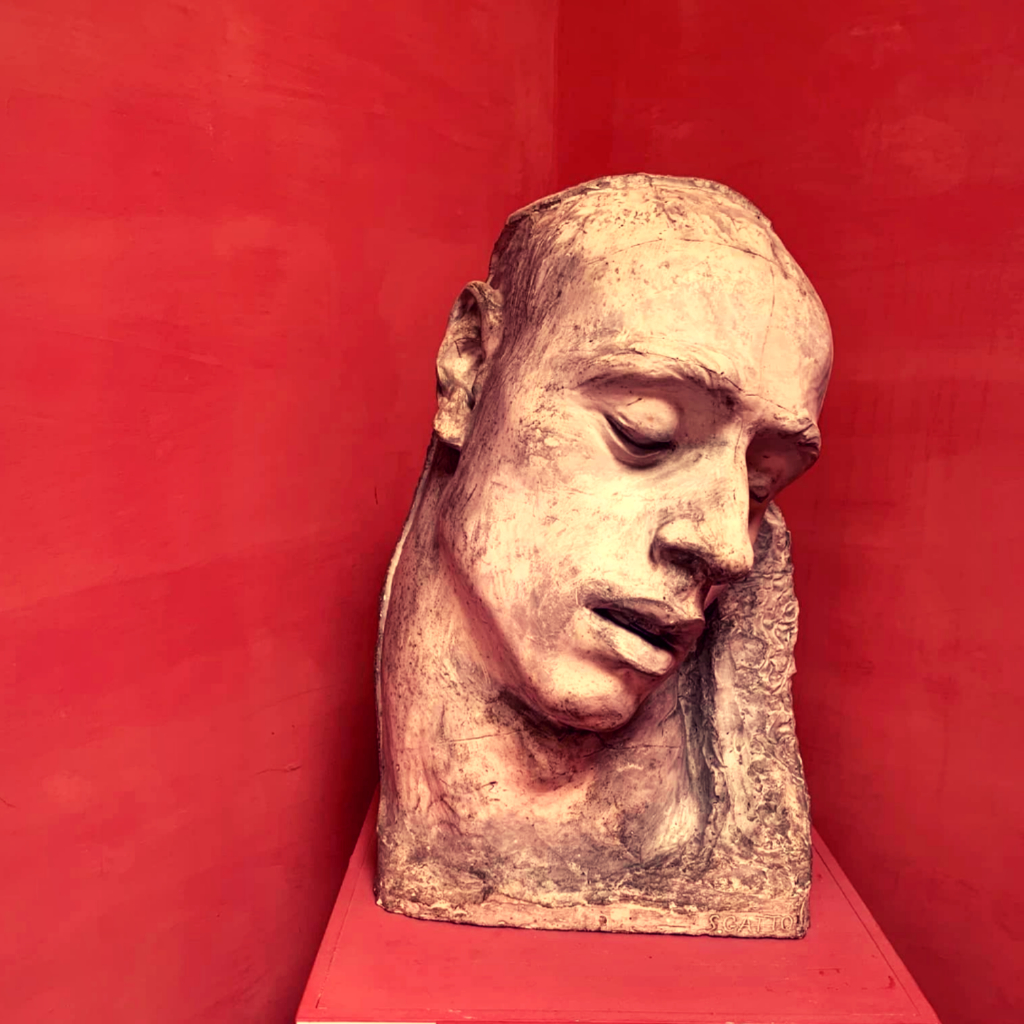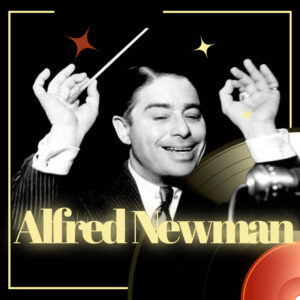
We’re suggesting you excerpts from an interview (Thomas Huizenga, NPR Classical, 2 June 2014) and quotes from the books of the amazing master of silence and clarity Arvo Pärt, which could introduce us with the creative and value position of the composer.
Time for us, is like the time of our own lives. It is temporary. What is timeless is the “time” of eternal life. That is eternal. It is the (life) time of God. These are all high words, and so, like the sun, we cannot really look at them directly. But my intuition tells me that the human soul is closely connected to both of them — time and eternity. How to live in time so that it would also have a connection with eternity? That is a challenge for all of us.
You can kill people with sound. And if you can kill, then maybe there is also the sound that is opposite of killing. And the distance between these two points is very big. And you are free–you can choose. In art everything is possible, but everything is not necessary.
The social responsibility of a person consists in being responsible before God and before your own soul. If both of these were in order, then responsibility before society would function automatically. But if you begin with the social aspect, then you can never know where it may all lead and how the good intentions may end. I believe that most people are not evildoers. But the world is full of evil anyway. If there is no divine dimension in social activity and it all stays merely at the human level, then we have to accept the world as it is now.
The silence must be longer. This music is about the silence. The sounds are there to surround the silence.
I had to get rid of everything unnecessary…in order to save myself.
The human voice is the most perfect instrument of all.
There is no direct connection with the musical traditions of the past. Except for the years of learning before the birth of tintinnabuli. My starting point in composing is the text. Every word of it. And that then determines all that follows on the manuscript paper.
It is enough when a single note is beautifully played.
The sterile democracy between the notes has killed in us every lively feeling.
That is my goal. Time and timelessness are connected.
Silence for a composer is like a clean canvas for a painter or a clean white sheet of paper for a poet. Tabula rasa. On the one hand, silence is like fertile soil, which, as it were, awaits our creative act, our seed. But on the other hand, silence must be approached with a feeling of awe. And when we speak about silence, we must keep in mind that it has two different wings, so to speak ‒ silence can be both that which is outside of us and that which is inside a person. The silence of our soul, which isn’t even affected by external distractions, is actually more crucial but more difficult to achieve.



